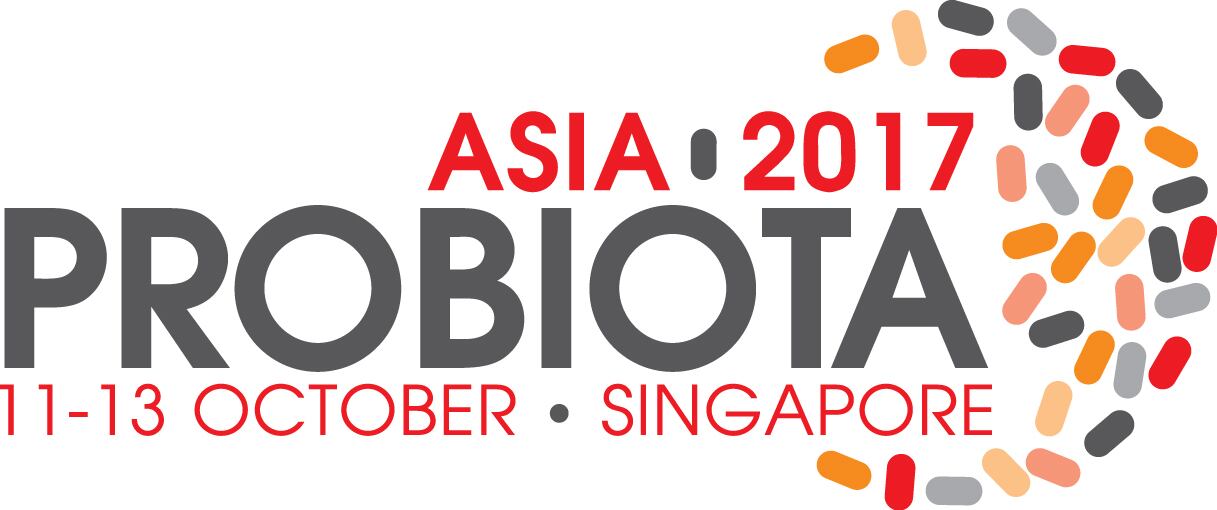The main cause of metabolic syndrome appears to be a diet high in fat or carbohydrate. However, observational studies have also linked metabolic syndrome to vitamin D deficiency, which affects 30-60% of the world's population.
Metabolic syndrome affects nearly a quarter of the world's adult population. Symptoms include obesity around the waistline and at least two of the following: high blood sugar levels, high blood pressure or high cholesterol. Sufferers usually also have excess fat in their liver
This latest study in mice appears to show that high vitamin D levels can be beneficial for the prevention and treatment of the syndrome.
If these findings can be validated in humans, vitamin D supplements may be a feasible and affordable approach to improve or even prevent metabolic syndrome, said researchers Professor Stephen Pandol from Cedars-Sinai Medical Center USA and Yuan-Ping Han's research group at Sichuan University, China.
"A sufficient dietary vitamin D supplement can partially but significantly antagonize metabolic syndrome caused by high fat diet in mice," said Pandol. "These are amounts equivalent to the dietary recommendations for humans."
"Based on this study, we believe that keeping vitamin D levels high, either through sun exposure, diet or supplementation, is beneficial for prevention and treatment of metabolic syndrome.”
High cholesterol
The research also shows that an insufficient supply of vitamin D aggravates the imbalance in gut flora for mice fed a high-fat diet, contributing to full-scale fatty liver and metabolic syndrome.
Writing in the journal Frontiers in Physiology, the researchers stated: "We demonstrate that high-fat-diet feeding (HFD) is necessary but not sufficient, while additional vitamin D deficiency (VDD) as a second hit is needed, to induce robust insulin resistance and fatty liver."
"The two hits (HFD+VDD), [result] in mucosal collapse, increased gut permeability, dysbiosis, endotoxemia, and systemic inflammation which underlie insulin resistance and hepatic steatosis."
They summarised that a high fat diet alone is not enough to cause metabolic syndrome but it is needed in combination with vitamin D deficiency. Accordingly, vitamin D supplementation improves metabolic syndrome in mice. The next step would be to validate the results in humans.
"Few studies have indicated that vitamin D supplementation may not improve metabolic disorders in humans. However, these studies are largely based on long-term surveys, which may be hampered by poor compliance and insufficient dosage," said Hans
"We are planning a clinical study to confirm the link of vitamin D deficiency with gut bacteria disruption, and its association with metabolic syndrome."
Source: Frontiers in Physiology
"Vitamin D Signaling through Induction of Paneth Cell Defensins Maintains Gut Microbiota and Improves Metabolic Disorders and Hepatic Steatosis in Animal Models".
Authors: Stephen Pandol, et al.

The Probiota series is growing, and in October 2017, Singapore will host the first ever Probiota Asia event. Building on the success of the annual global Probiota and Probiota Americas events, Probiota Asia will focus exclusively on this high growth market and the challenges it faces.
Save the date: 11-13 October 2017

